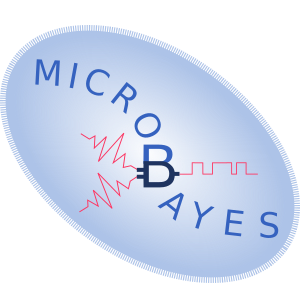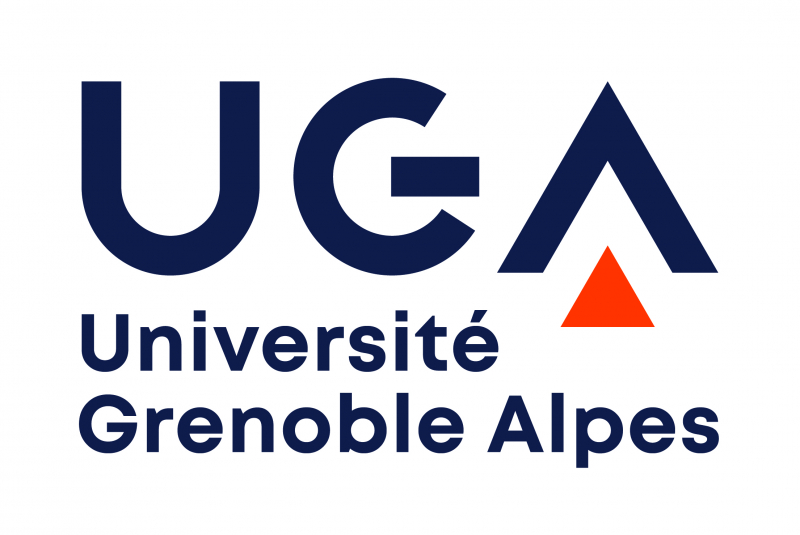MicroBayes
Probabilistic Machines for Low-level Sensor Interpretation
Scientific Context
The development of modern computers is mainly based on increase of performances and decrease of size and energy consumption. This incremental evolution is notable, but it involves no notable modification of the basic principles of computation. In particular, all the components perform deterministic and exact operations on sets of binary signals. These constraints obviously impede further sizable progresses in terms of speed, miniaturization and power consumption. As detailed below, the goal of the MicroBayes project were twofold:
- to investigate a radically different approach to perform computations, namely stochastic computing using stochastic bit streams.
- to show that stochastic architectures can outperform standard computers to solve complex inference problems both in terms of execution speed and of power consumption.
We evaluated stochastic machines on difficult Bayesian inference problems. Moreover we demonstrated the interest and feasibility of stochastic computing on two applications involving low-level information processing from sensor signals. The given application are sound source localization and separation as shown below:
- Source localization:
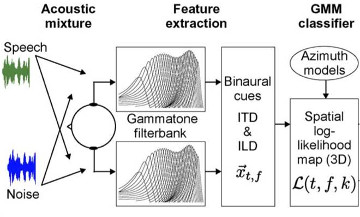
- Source separation:
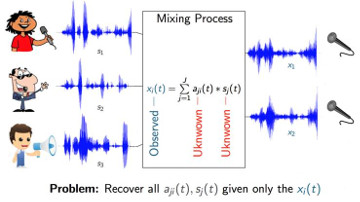
Recent advances
- For Source localization we tried different approaches with and without using the Fourier transform. The approach using the Fourier transform was presented in our paper at ICRC 2017.
- The method for Source localization without Fourier transform provided encouraging results as showed below. We are able to localize a source in a room (black means high probability):
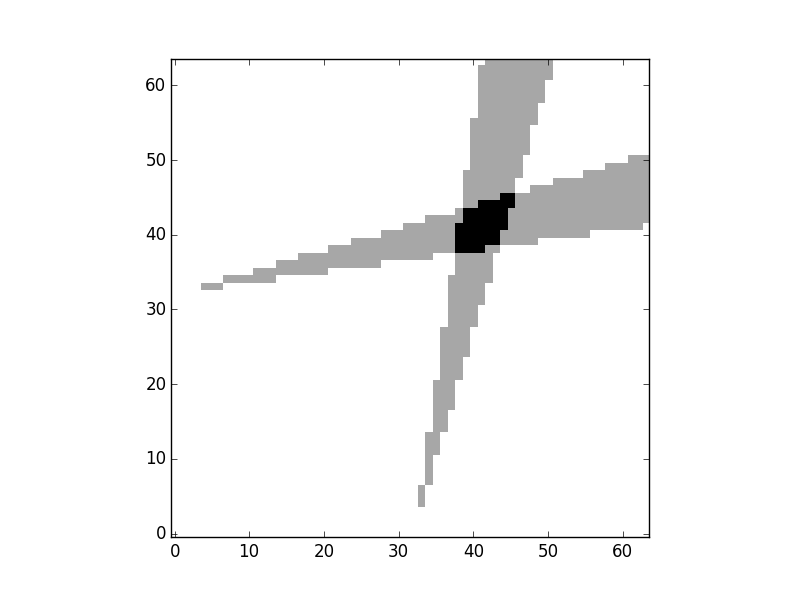
- Recent work on Source seperation showed some promising results. We were able to seperate very simple signales mixed together using the Gibbs algorithm. In this exemple the sinus signal was mixed with a random signal. We were able to restore the sin signal. In blue the original signal of the source and in green the reconstituted signal.
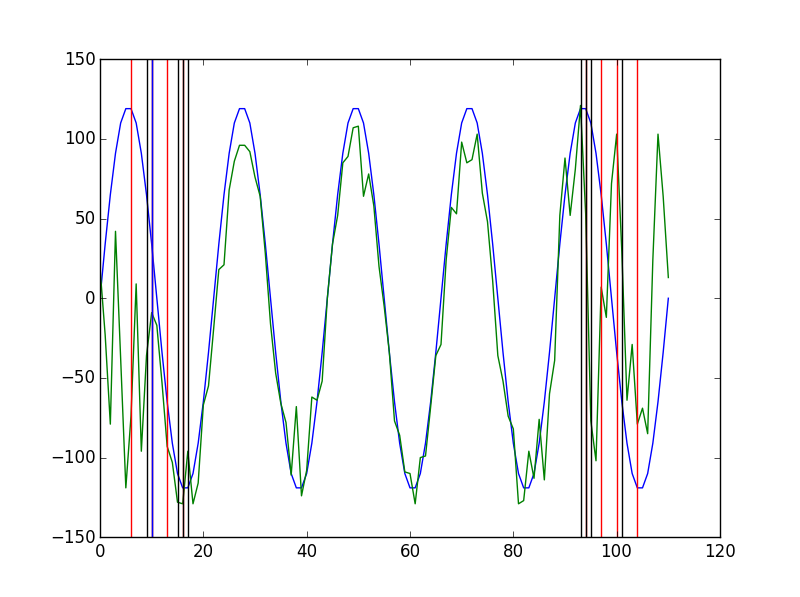
News
- 04/209: The IEEE Workshop "Emerging technology for probabilistic inference" we organized at the INC conference was a great success with a lot of interesting presentations. We want to thank again the speakers for their efforts to deliver such high quality talks.
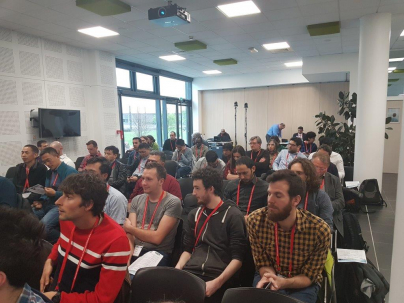
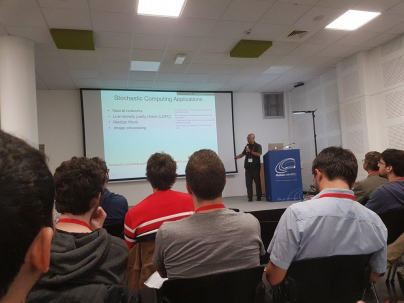
- 01/2019: To start this new year, we are proud to annouce a workshop that we are organizing as a satellite event of the International Nanodevices and Computing Conference (INC) in Grenoble. It will take place on the afternoon of the 3rd of april 2019 at Minatech in Grenoble. For more information please visit: INC Homepage
- 07/2018: Paper presentation at the 2018 IEEE International Conference on Cognitive Informatics and Cognitive Computing (ICCICC), Berkeley CA,
- 06/2018: Our PhD Student Raphael Frisch attended the FadeX seminar and presented a poster
- 06/2018: Our PhD Student Raphael Frisch attended the GDR Biocomp colloque and presented a poster
- 11/2017: Presentation of our paper at IEEE International Conference on Rebooting Computing (ICRC) in Washington, DC
- 07/2017: Our PhD Student Raphael Frisch attented the 2017 PPAML Summer School in Arlington, Virginia
Publications
Our work has been published in various conferences:
- 2018 ICCICC: R. Frisch, M. Faix, E. Mazer, L. Fesquet, A. Lux, "A cognitive stochastic machine based on Bayesian inference: a behavioral analysis," 2018 IEEE International Conference on Cognitive Informatics and Cognitive Computing (ICCICC), Berkeley CA, 2018.
- 2017 ICRC: R. Frisch, R. Laurent, M. Faix, L. Girin, L. Fesquet, A. Lux, J. Droulez, P. Bessière, E. Mazer, "A Bayesian Stochastic Machine for Sound Source Localization," 2017 IEEE International Conference on Rebooting Computing (ICRC), Washington, DC, 2017, pp. 1-8.
- 2017 IOLTS: G. Gimenez, A. Cherkaoui, R. Frisch and L. Fesquet, "Self-timed Ring based True Random Number Generator: Threat model and countermeasures," 2017 IEEE 2nd International Verification and Security Workshop (IVSW), Thessaloniki, 2017, pp. 31-38.
People
- Emmanuel Mazer (DR CNRS LIG) emmanuel.mazer imag.fr
- Laurent Girin (Prof. Grenoble-INP GIPSA-lab) laurent.girin inria.fr
- Laurent Fesquet (MCF Grenoble-INP TIMA) laurent.fesquet imag.fr
- Didier Piau (Prof. UJF Institut Fourier) didier.piau univ-grenoble-alpes.fr
- Raphael Frisch (Phd with a grant from Persyval Lab) raphael.frisch univ-grenoble-alpes.fr
- Marvin Faix (Post-Doc with a grant from Persyval Lab) marvin.faix univ-grenoble-alpes.fr


 Sign in
Sign in










